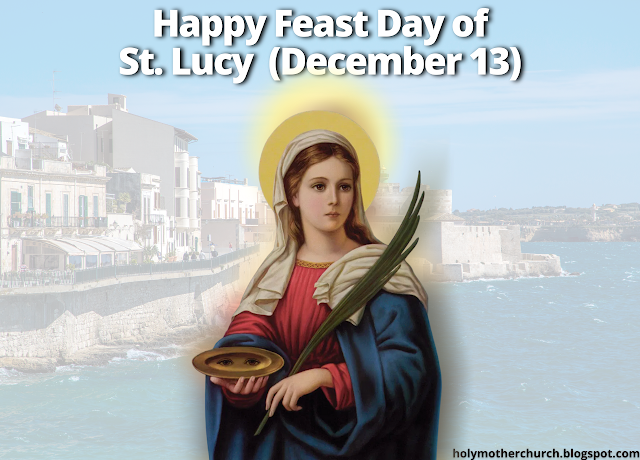If you are just looking for the acts, skip past this section first.
There are many possible ways to express an Act of Contrition within the Catholic Church. There is no "official" prayer that must be said each and every time in a particular way like it is with prayers like the Our Father or the Hail Mary.
Rather, as long as certain elements are present in one's Act of Contrition, it would be valid and sufficient. Having said that, it is often a great idea to memorize an act of contrition to ensure you are not missing any elements. What is really important is that one have contrition when confessing sins. An act of contrition is not only used during the Sacrament of Confession but can also be used at any time by Catholics or even non-Catholics. Basically an Act of Contrition is telling God you are sorry for offending him and that you will make a firm commitment to avoid sinning in the future.
The basic elements of a valid act of contrition are the following:
1) Sorrow for one's sins
2) An acknowledgement of wrongdoing
3) A firm commitment to avoid sinning and the occasion of sin.
Sorrow is of primary importance in the sacrament. The Catechism of the Catholic Church in paragraph 1451 puts it this way:
Among the penitent's acts contrition occupies first place. Contrition is "sorrow of the soul and detestation for the sin committed, together with the resolution not to sin again."
Sorrow for one's sins can be expressed as perfect or imperfect contrition, the latter indicating a form of contrition which stems from a fear of damnation, rather than the love of God which would be called perfect.
The Vatican website actually lists several acts of contrition which a Christian can avail of. I will post them all below:
Act of Contrition (traditional)
O my God, I am heartily sorry for having offended Thee, and I detest all my sins because of thy just punishments, but most of all because they offend Thee, my God, who art all good and deserving of all my love.
I firmly resolve with the help of Thy grace to sin no more and to avoid the near occasion of sin. Amen.
Act of Contrition (alternate form)
My God, I am sorry for my sins with all my heart. In choosing to do wrong and failing to do good, I have sinned against you whom I should love above all things.
I firmly intend, with your help, to do penance, to sin no more, and to avoid whatever leads me to sin.
Our Savior Jesus Christ suffered and died for us. In his name, my God, have mercy.
An Act of Contrition inspired by the Gospels
Father of mercy, like the prodigal son I return to you and say: "I have sinned against you and am no longer worthy to be called your child."
Christ Jesus, Savior of the world, I pray with the repentant thief to whom you promised Paradise: "Lord, remember me in your kingdom."
Holy Spirit, fountain of love, I call on you with trust: "Purify my heart, and help me to walk as a child of light."
An Act of Contrition inspired by the Gospels
Lord Jesus, you opened the eyes of the blind, healed the sick, forgave the sinful woman, and after Peter's denial confirmed him in your love.
Listen to my prayer: forgive all my sins, renew your love in my heart, help me to live in perfect unity with my fellow Christians that I may proclaim your saving power to all the world.
An Act of Contrition to Our Lord Jesus
Lord Jesus, you chose to be called the friend of sinners. By your saving death and resurrection free me from my sins. May your peace take root in my heart and bring forth a harvest of love, holiness, and truth.
An Act of Contrition to Jesus, the Lamb of God
Lord Jesus Christ, you are the Lamb of God; you take away the sins of the world.
Through the grace of the Holy Spirit restore me to friendship with your Father, cleanse me from every stain of sin in the blood you shed for me, and raise me to new life for the glory of your name.
An Act of Contrition inspired by Psalm 51
Lord God, in your goodness have mercy on me: do not look on my sins, but take away all my guilt. Create in me a clean heart and renew within me an upright spirit.
The Jesus Prayer
Lord Jesus, Son of God, have mercy on me, a sinner.













